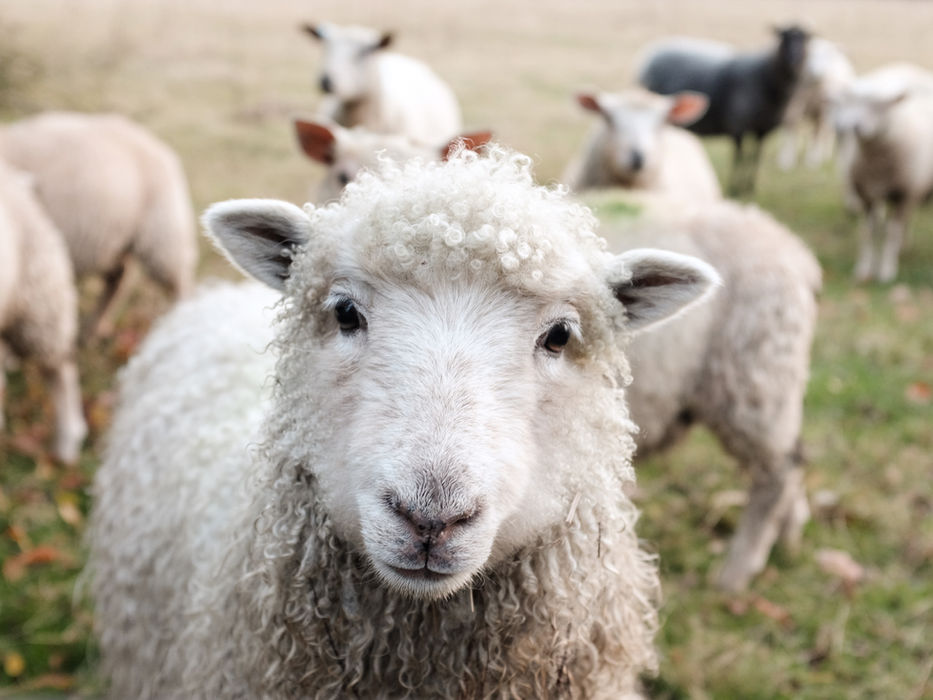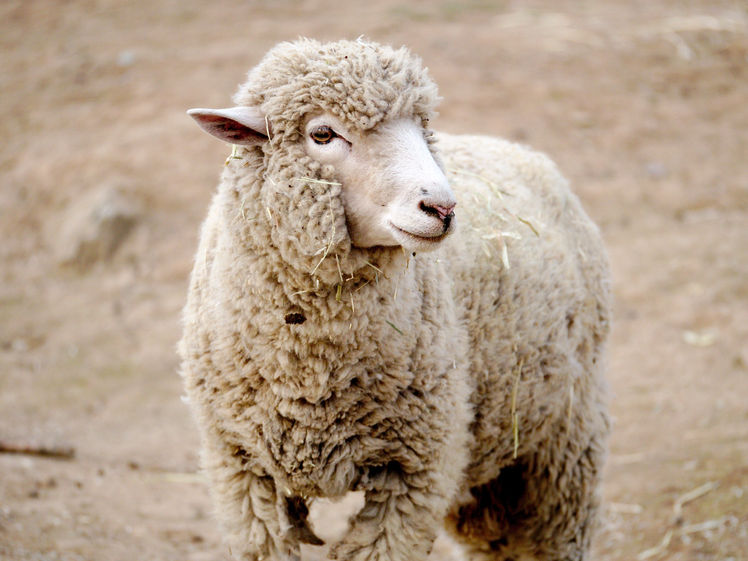
Biotechnology for a sustainable future
THE PROJECT
The Donkey Sanctuary is a global animal welfare charity working to protect donkeys and the people who depend on them. Through advocacy, education, and scientific research, the organisation seeks long-term solutions to end cruelty and improve welfare worldwide. They are leading global efforts to end the cruel donkey skin trade and, to help drive a solution, we collaborated to produce an impact report on Cellular agriculture: The case for transition towards a humane, sustainable and safe future.
THE CHALLENGE
Millions of donkeys are slaughtered each year to produce ejiao, a Traditional Chinese Medicine produced using collagen extracted from donkey skins. Despite mounting welfare concerns and international outcry, the demand for ejiao remains strong and is expected to grow.
Alongside exposing the harm caused by the trade, we also want to offer a viable alternative. That’s where this project began: with the recognition that to truly protect donkeys, there must be a way to meet the demand for collagen without causing harm.
THE SOLUTION
We collaborated with The Donkey Sanctuary to explore a forward-thinking, ethical alternative: producing donkey collagen through precision fermentation. The project had two key research components:
-
Consumer insight: We commissioned YouGov to survey Chinese consumers to understand their attitudes toward cellular alternatives to traditional ejiao.
-
Feasibility study: We collaborated with a Brazilian university to investigate the cost, timeline, and technical feasibility of producing donkey collagen using precision fermentation.
The result was a groundbreaking report - the first of its kind - that examined both the scientific possibility and social acceptability of a sustainable and cruelty-free alternative to donkey collagen production. Titled Cellular agriculture: The case for transition towards a humane, sustainable and safe future, the report was written by Emily Reeves and designed by the in-house team at The Donkey Sanctuary.
THE RESULTS
This project laid the groundwork for a future where the demand for donkey collagen can be met without harm to donkeys or the people who depend on them.
-
The consumer research revealed encouraging signs that many Chinese consumers would consider lab-grown alternatives.
-
The scientific research provided critical insight into how precision fermentation could be adapted and scaled for donkey collagen production.
The report has been used as a catalyst for industry and policy conversations and is a first step on the path towards a future where both donkeys and the communities that depend on them are protected.



















